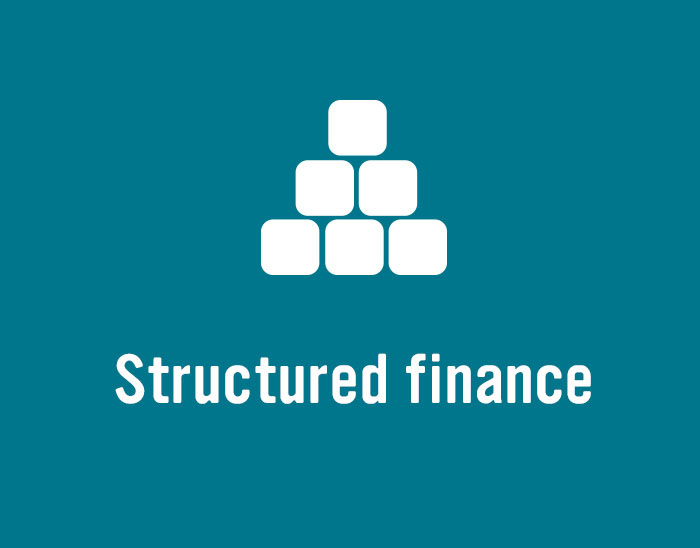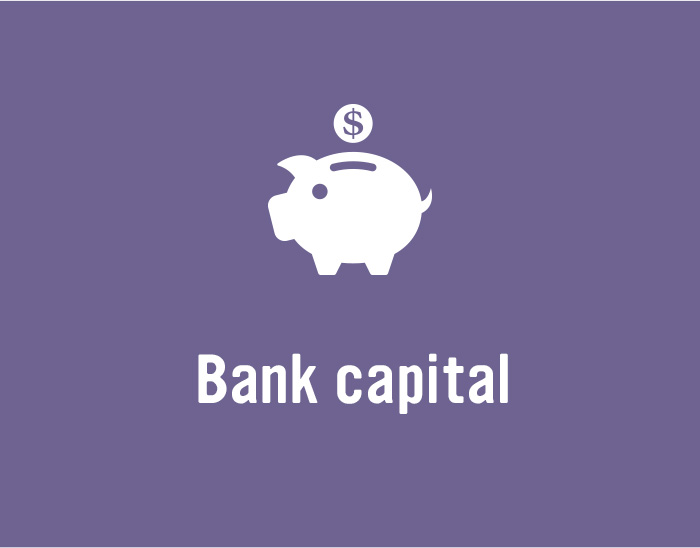
News

Western Australian Treasury Corporation published its Sustainability Bond Framework on 2 May, confirming at the same time that it expects to issue under the framework before the end of its current financial year on 30 June. The framework includes green and social use-of-proceeds options, though the state treasury corporation suggests its debut transaction will be a green bond.

Stable market conditions set the backdrop for New South Wales Treasury Corporation’s latest syndicated trade, with final volume supported by uptake from what the issuer describes as a range of high-quality accounts. The positive investor response also laid the groundwork for early positive secondary performance.

The 2023 iteration of the Fitch Ratings-KangaNews Fixed-Income Investor Sentiment Survey came at a major inflection point for credit and rates product, as investors provided responses in late March and early April – shortly after bank failures rocked global markets. The survey response suggests investors are more concerned about what these events portend for economies and markets than the direct risk of contagion.

Like every other global jurisdiction, the New Zealand capital market is digesting the implications of resurgent volatility and global economic developments – while local policy tightening continues to lead the world pack. There was a lot to discuss at the ANZ-KangaNews New Zealand Capital Market Forum, which took place in Wellington on 23 March.

One of the cornerstone agenda sessions at the KangaNews Debt Capital Market Summit is always the chief economists and strategists panel discussion. The timing of this year’s event was acute, as the 20 March date of the conference came as the Australian market was opening on the Monday following the weekend fall of Credit Suisse. With the potential for contagion risk still very much on the cards at the time, panellists also turned their attention to what recent developments imply for longer-term economic and market conditions.

Private debt has emerged as an asset class globally in line with constraints on banks’ capacity and willingness to lend and as low rates compelled investors to contemplate alternative income asset classes. In New Zealand, higher interest rates are changing – but not eliminating – the return equation while market users say the opportunity set is poised to increase further.

KangaNews hosted its annual Women in New Zealand Capital Markets roundtable discussion on 24 March, in the immediate wake of local climate events and global banking risk that put the market on high alert. Participants discussed the impact of a changing world and how New Zealand is responding to a raft of challenges.

Conversations at the KangaNews Debt Capital Market Summit, which took place in Sydney on 20 March, naturally focused on the fallout from bank collapses that immediately preceded the event. The overall view was that relatively positive conditions in the fixed-income market would be reshaped but perhaps not fundamentally weakened by the emerging developments.

Australian corporate borrowers have every reason to favour debt capital markets over bank loans for their funding needs in 2023. Risk events and the economic outlook mean caution remains the order of the day domestically, however, and while deal flow is likely to pick up market participants acknowledge that global options are providing strong competition.



